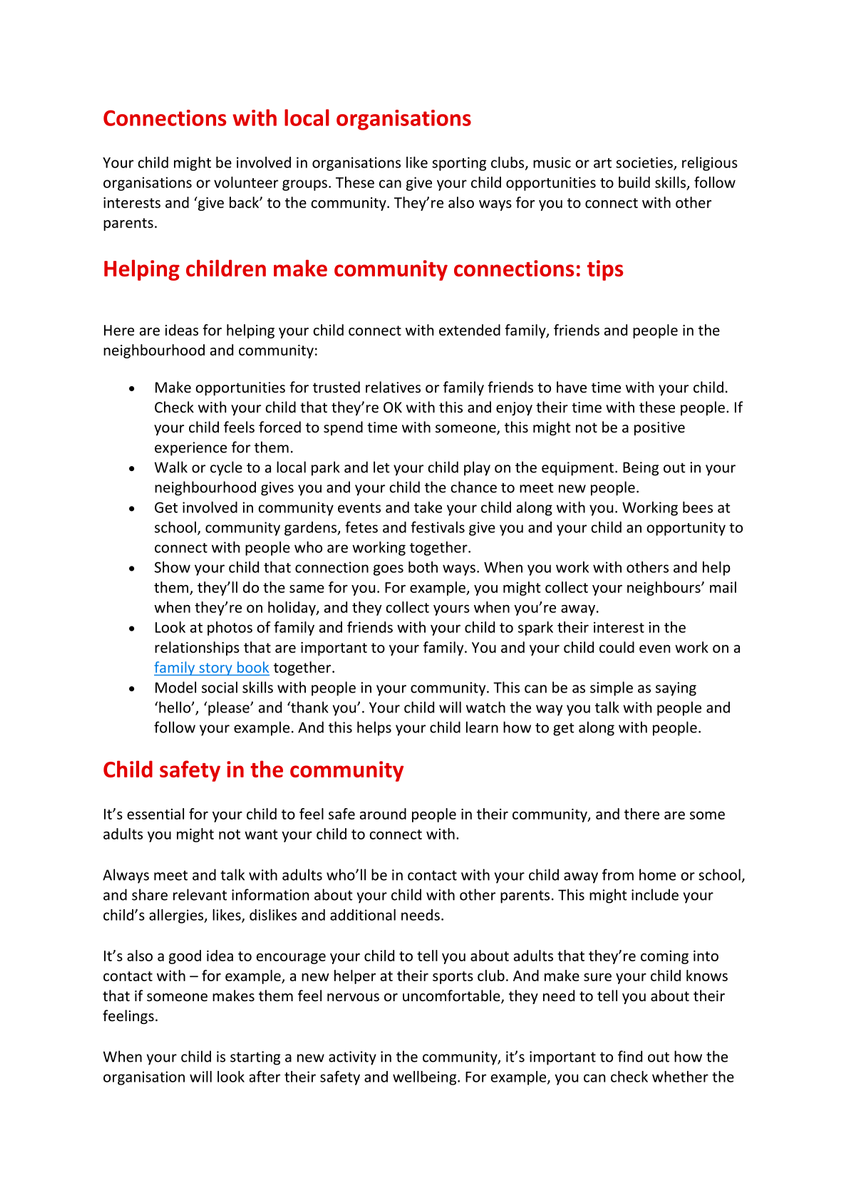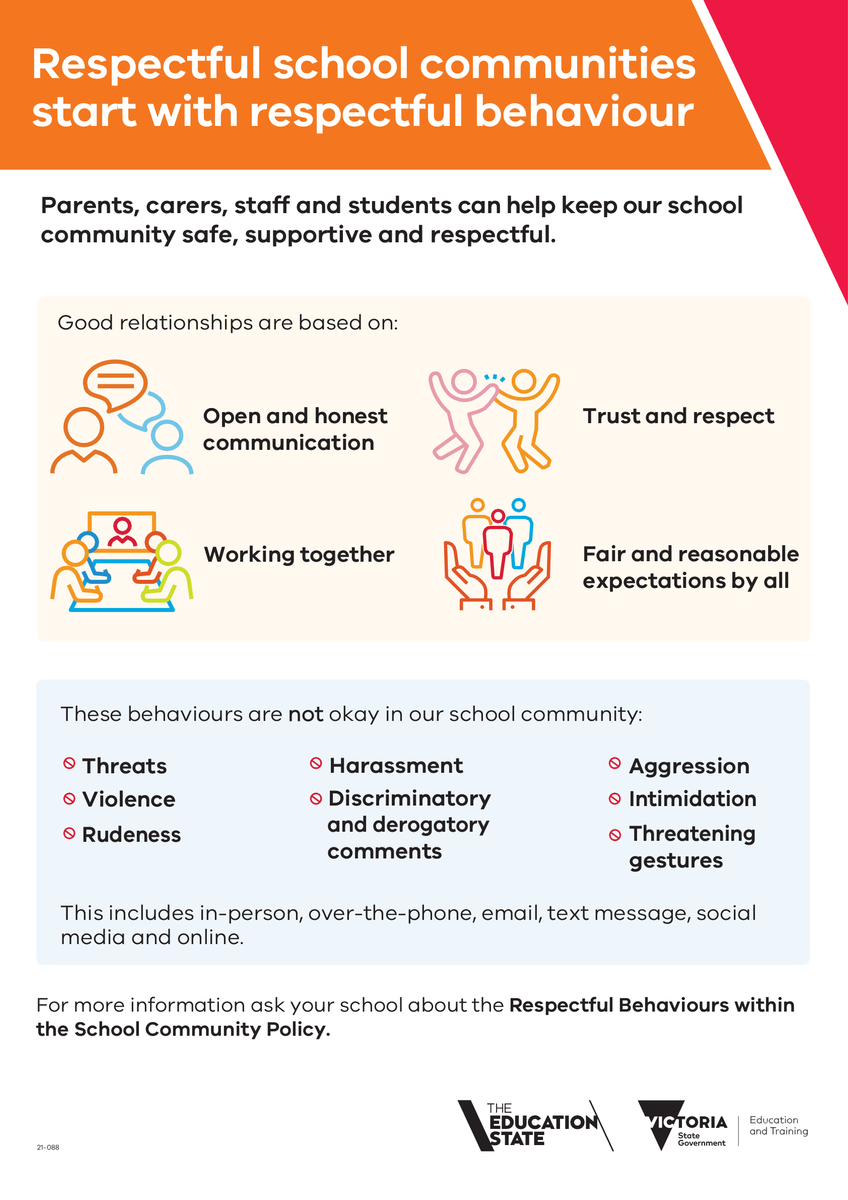Wellbeing & Inclusion News

Effects on Children who Witness Family Violence
Witnessing family violence has profound and lasting effects on children’s growth and development, influencing their emotional, psychological, and even physical well-being. Exposure to such environments, whether direct or indirect, can shape a child future, often in detrimental ways.
Emotional and Psychological Impact
Children who witness family violence frequently experience intense emotional turmoil. Fear, anxiety, and depression are common among these children. The instability and unpredictability of a violent household create an environment of chronic stress, which can lead to long-term emotional disorders. They may exhibit symptoms such as nightmares, flashbacks, and severe anxiety, which can persist into adulthood. These children often struggle with feelings of guilt and self-blame, believing that they somehow caused or could have prevented the violence. This misplaced guilt can erode self-esteem and self-worth, leading to issues such as social withdrawal, academic problems, and difficulties informing healthy relationships later in life.
Behavioural Consequences
Behaviourally, children who witness family violence may exhibit a range of problematic behaviours. Some may become aggressive, mimicking the violent behaviour they have observed. This aggression can manifest in various settings, including school, where it can lead to disciplinary issues and social ostracism. Others may become excessively passive, adopting a 'learned helplessness' mentality where they feel powerless to change their circumstances. These children are also at a higher risk of engaging in substance abuse as a coping mechanism to deal with their emotional pain. The early exposure to violence can set a precedent for future abusive relationships, perpetuating a cycle of violence across generations.
Cognitive and Academic Effects
The stress associated with witnessing family violence can significantly impair cognitive development. Chronic exposure to stress hormones like cortisol can alter brain function and structure, particularly in areas involved in learning and memory. This can result in difficulties with concentration, problem-solving, and academic performance. Studies have shown that children from violent homes often have lower IQ scores and poorer academic achievements compared to their peers from non-violent homes.
Social Development Challenges
Socially, children exposed to family violence often struggle with forming and maintaining healthy relationships. The chaos and distrust in their home environment can lead to difficulties in trusting others and developing secure attachments. These children might exhibit a range of attachment issues, from being overly clingy to being emotionally distant. Their social skills are often underdeveloped due to limited positive role models and the need to constantly navigate a volatile environment. This can result in social isolation or difficulties in peer interactions, further exacerbating feelings of loneliness and alienation.
Physical Health Implications
The impact of witnessing family violence extends beyond emotional and psychological domains, affecting physical health as well. The chronic stress and trauma can weaken the immune system, making children more susceptible to illnesses. Moreover, the physical neglect that often accompanies domestic violence situations can result in malnutrition and poor overall health.
Mitigating the Effects
While the effects of witnessing family violence are severe, early intervention and support can mitigate some of these impacts. Therapeutic interventions such as counselling, trauma-focused cognitive-behavioural therapy, and supportive educational environments can provide children with coping mechanisms and emotional support. Providing a stable and loving environment is crucial in helping these children recover and develop resilience.
Conclusion
Witnessing family violence can have far-reaching consequences on a child's growth and development, affecting their emotional, behavioural, cognitive, social, and physical well-being. Addressing these issues through early intervention and supportive measures is essential in breaking the cycle of violence and helping children achieve their full potential.
HELP IS AVAILABLE: 1800RESPECT 1800 737 732
HOURS: AVAILABLE 24 HOURS A DAY, 7 DAYS A WEEK
Community Connections
Respectful School Communities start with Respectful Behaviour



